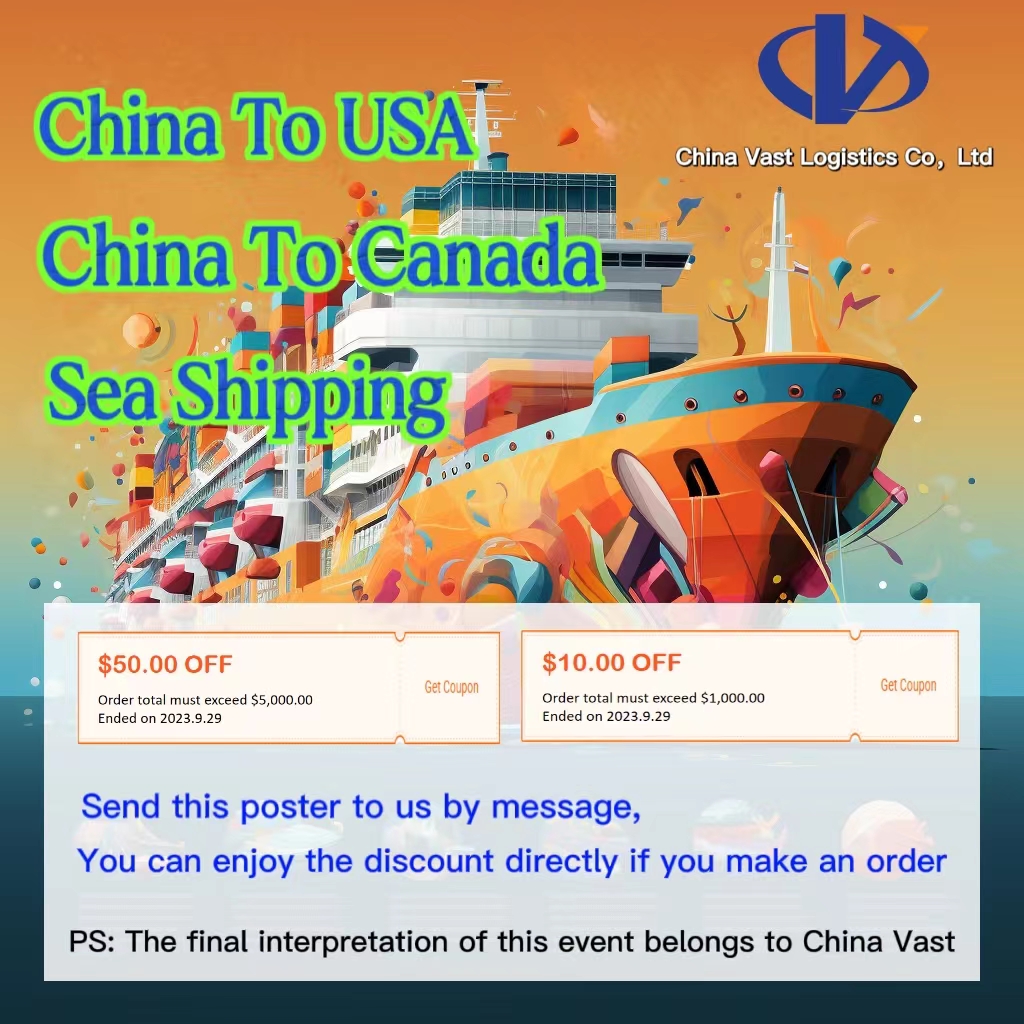In international trade, documentation forms the backbone of every transaction. These documents connect all key stages of the trade process, serving as crucial references for cargo movement, financial settlement, and responsibility assignment. Today, let’s explore four foundational documents widely used in global trade: PI, CI, PO, and PL.
1️⃣ Proforma Invoice (PI)
The Proforma Invoice (PI) is a preliminary, non-binding document used at the initial stage of a transaction. It outlines the proposed terms of sale and is often issued by the seller to the buyer for purposes such as confirming order details or applying for a letter of credit.
While not legally enforceable, the PI serves as the first step toward a formal contract and is typically more flexible in format and content.
2️⃣ Commercial Invoice (CI)
The Commercial Invoice (CI) is a legally binding document issued by the exporter to the importer, serving as the basis for payment. It is typically prepared after goods are shipped and includes critical details such as item descriptions, quantities, prices, and specifications.
This document is essential for customs clearance, insurance claims, and financial settlement. The CI must be accurate and detailed, adhering to standard international practices.
3️⃣ Purchase Order (PO)
The Purchase Order (PO) is an official request issued by the buyer to the seller. Once accepted and signed by both parties, the PO becomes legally binding.
It includes key information such as buyer and seller details, product descriptions, payment terms, delivery dates, and more. The PO serves as a vital reference for inventory preparation, logistics coordination, and financial reconciliation.
4️⃣ Packing List (PL)
The Packing List (PL) provides a detailed breakdown of the goods being shipped, including weight, volume, packaging method, and itemized contents.
Although it does not carry contractual legal force, the PL plays an important role in customs inspection, freight forwarding, and buyer-side verification upon delivery.
🔗 Why These Documents Matter
Understanding and accurately preparing these trade documents ensures smoother operations, minimizes disputes, and builds trust between global trading partners. Whether you’re a seasoned exporter or new to international business, mastering PI, CI, PO, and PL is essential to your success.

